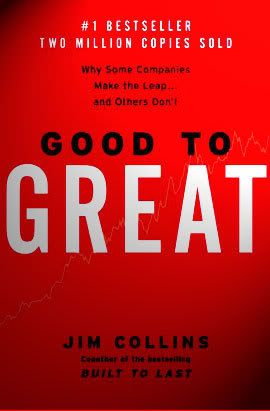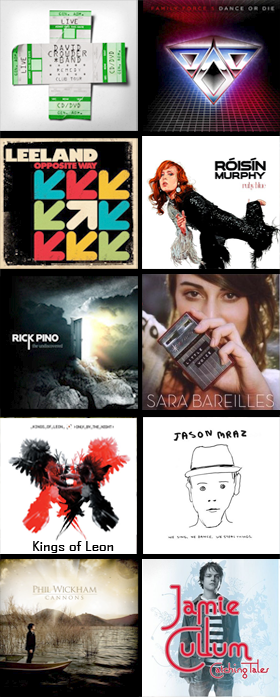SPOILER ALERT!!!
 This post is partially a blog that I read through Entertainment Weekly's website recapping the season finale of LOST. While I don't agree with it entirely, it does point out some great insights about the show that I had suspected all along. I loved this show and I hate to see it go....I am only left confused with the subliminal imagery of various diverse religions displayed together as one. Obviously, I didn't approve, knowing that there is only ONE TRUE GOD. That being said....the show was different, the show was captivating, the show was good to the core. Check out the recap below:
This post is partially a blog that I read through Entertainment Weekly's website recapping the season finale of LOST. While I don't agree with it entirely, it does point out some great insights about the show that I had suspected all along. I loved this show and I hate to see it go....I am only left confused with the subliminal imagery of various diverse religions displayed together as one. Obviously, I didn't approve, knowing that there is only ONE TRUE GOD. That being said....the show was different, the show was captivating, the show was good to the core. Check out the recap below:
Lost went out in a manner that was refreshingly not like that of so many dramas, which tend to become more dramatic, serious, and bleak in an effort to prove their ultimate profundity. Instead, the long Lost last night was a combination of a greatest-hits album and a lively Sunday-school lesson. Everyone was forgiven; everyone smiled. If The Mary Tyler Moore Show hadn’t done it first, I suspect that the Lost producers would have had every member assembled in the final scene gather in a group hug.
If there was any big surprise last night, it was how overtly Christian in its imagery and message the series proved to be. [Justin-"This was no surprise to me"] Its heavily underscored lesson was that everyone was forgiven — that word was used over and over. And the water at the Magic Glowing Source was used for the purposes of transubstantiation: “Drink this,” Jack was told upon being handed water, a phrase later repeated when Jack gave water to Hugo. Given the liquid’s effect particularly on Jack, the dialogue might just as well have quoted directly from a Communion service: “Drink this, for this is my body which is given unto you. Do this, in remembrance of me.”
For if there was one thing we can probably all agree upon, in the end, Jack Shep hard was a Christ figure whose sacrifice saved many other people. The imagery could not have been more specific: Jack’s questioning and obeying of his father; his leadership of a small group of disciples; his final ascension (in TV terms, in a glowing white light). Even the piercing of his side by Locke/Man In Black was in the part of his body where Christ was speared while in agony on the crucifying cross.
hard was a Christ figure whose sacrifice saved many other people. The imagery could not have been more specific: Jack’s questioning and obeying of his father; his leadership of a small group of disciples; his final ascension (in TV terms, in a glowing white light). Even the piercing of his side by Locke/Man In Black was in the part of his body where Christ was speared while in agony on the crucifying cross.
But for most of its long but rarely boring length, the final Lost did not huff and puff and labor toward a heavy metaphorical conclusion. Instead, it was, well, pretty delightful, full of reunions that were both emotional and funny. There were sweet little jokes, such as when, 90 minutes into a two-and-a-half-hour show, someone said, “It sure don’t feel like it’s over.” I don’t know how it’ll play with hardcore Losties, but I was glad to see a fan favorite such as Hurley not only avoid great suffering, but become the most important assistant in Jack’s glorification. Hurley was always the most lovable character in Lost, and it turned out that if he represented anything, it was Love itself.
The metaphor that had been used weeks earlier, about the cork in a wine bottle that kept evil from escaping — that was dramatized well, when Desmond first uncorked the island and it did indeed look as though Evil had been loosed upon the island world. Then it had to be, re-corked by Jack, to refute Evil’s pronouncement that “you died for nothing.” Quite the opposite: Jack died so that everyone could gather in the Church have a splendid wrap-party of the soul.
Putting it in a TV-critic’s historical context: Was this an all-time great finale? I wouldn’t say so. The endings for Newhart, the aforementioned Mary Tyler Moore Show, perhaps M*A*S*H, St. Elsewhere, and The Fugitive all ended more decisively, with a more precise snap. But it was a better finale than an awful lot of other, more contemporary Highly Esteemed Dramas and Sitcoms. And as a way to bring this vast fantasy to an end, Lost had a finale that suited our troubled times: It was comforting, reassuring. It even had a dog that made me, for one, wipe away a tear.
What do you think?

.jpeg)









.png)

No comments:
Post a Comment